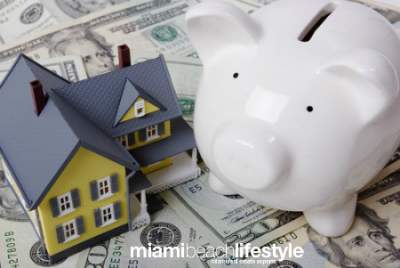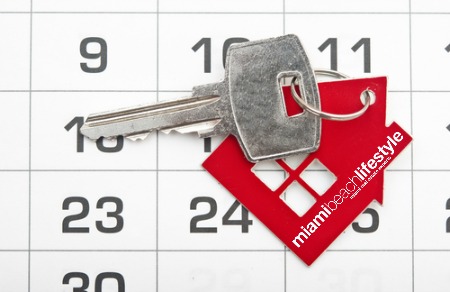How an Escrow Account Works
February 17, 2017Escrow is sort of like a holding tank for funds during a transaction, such as buying real estate. There are many processes to purchasing a home, with many people dipping into the financial pot of the sale. A third party escrow agent holds the funds secure in an escrow account until such time that funds are distributed after all parties have met their agreement.
 When the bank provides the loan to the buyer, those funds go directly into the escrow account where they’ll remain until closing day.
When the bank provides the loan to the buyer, those funds go directly into the escrow account where they’ll remain until closing day.
Who is Dipping into the Cookie Jar?
• Appraiser: When a house is purchased, the property and its structure must first be appraised to satisfy the bank that the house is worth what you’re borrowing. The appraiser generally doesn’t get paid until completion of the sale.
• Inspector: Houses can have all sorts of hiccoughs, including pests, faulty systems like heating and air, roofs that need replaced, or other problems. Before the transaction is completed, an inspection must be done to determine the house is in good condition. Should the inspection reveal problems, the buyer can then negotiate with the seller to either reduce the cost of the house to allow for repairs, or for the seller to make repairs prior to closing. The inspector also receives payment at closing.
• The Seller’s Real Estate Agent: The seller’s agent works on commission, like the buyer’s. Real estate agents typically work on good faith in advance, and then collect their pay when the deal is done.
• The Buyer’s Real Estate Agent: Just like the seller’s agent, the buyer’s agent works on good faith, accepting payment when the transaction is finalized.
• The Lending Agent: The lending agent is the person at the bank granting the home mortgage loan who processes the loan application.
• The Escrow Agent: The escrow agent takes on the important job of securing funds, and then making sure each party receives payment before the seller cashes in on the sale.
• Taxes and Liens: If there are any property taxes owed or liens on the property, those are paid out of escrow before the transaction can be completed.
• Clerical and Legal Fees: Before a house can be sold, there must be a title check to determine there are no taxes owed or liens against the property. Then, the title must be transferred from seller to buyer.
Collectively, the above are known as closing costs. Closing costs are most often paid by the buyer, but in some negotiations, the seller assumes responsibility. Either way, those funds stay in escrow until escrow closes and all parties are paid.
When all closing costs have been deducted from the loan funds, the seller receives the balance and the buyer assumes the property.
By the close of escrow, the seller will have his or her belongings removed from the property. The buyer has the opportunity to do a “walk through” to verify the property is in good order.
How Long Does it Take?
 Escrow can take approximately 30-45 days. Sometimes, escrow closes sooner if the seller is ready to get up and go. Other times, it can drag out if there are extensions for repairs, or if the seller needs more time to vacate the property.
Escrow can take approximately 30-45 days. Sometimes, escrow closes sooner if the seller is ready to get up and go. Other times, it can drag out if there are extensions for repairs, or if the seller needs more time to vacate the property.
Escrow is possibly the hardest part of buying a house because the buyer is anxious, excited, and packing up their belongings. Living out of boxes, even if only for a few short weeks, can feel like an eternity.
The reason escrow takes so long is that the appraisers and inspectors work by appointment and can’t always tend to the tasks at hand right away.
Time must also be allowed for title checks, and transfer of documents.
Typically, an escrow date is set at the time the seller accepts the buyer’s offer and the contract is signed. But delays are always possible, if not probable.
Summing it Up
Escrow protects all parties involved in a real estate transaction. Escrow secures funds in such a way that no one gets paid until all conditions are met. When all conditions are met, everyone gets paid, titles are transferred, and the transaction is completed at what’s commonly called “the closing table”. The escrow process can take a month or more, but is in the best interest of the buyer, seller, agents, lenders, and service providers who made the home buying process possible.
Your best source for real estate and community information is your real estate agent. Contact Juan Leal at 305-982-7405 to learn more about local neighborhoods, discuss selling your house, or to tour available homes in Miami and surrounding areas.






